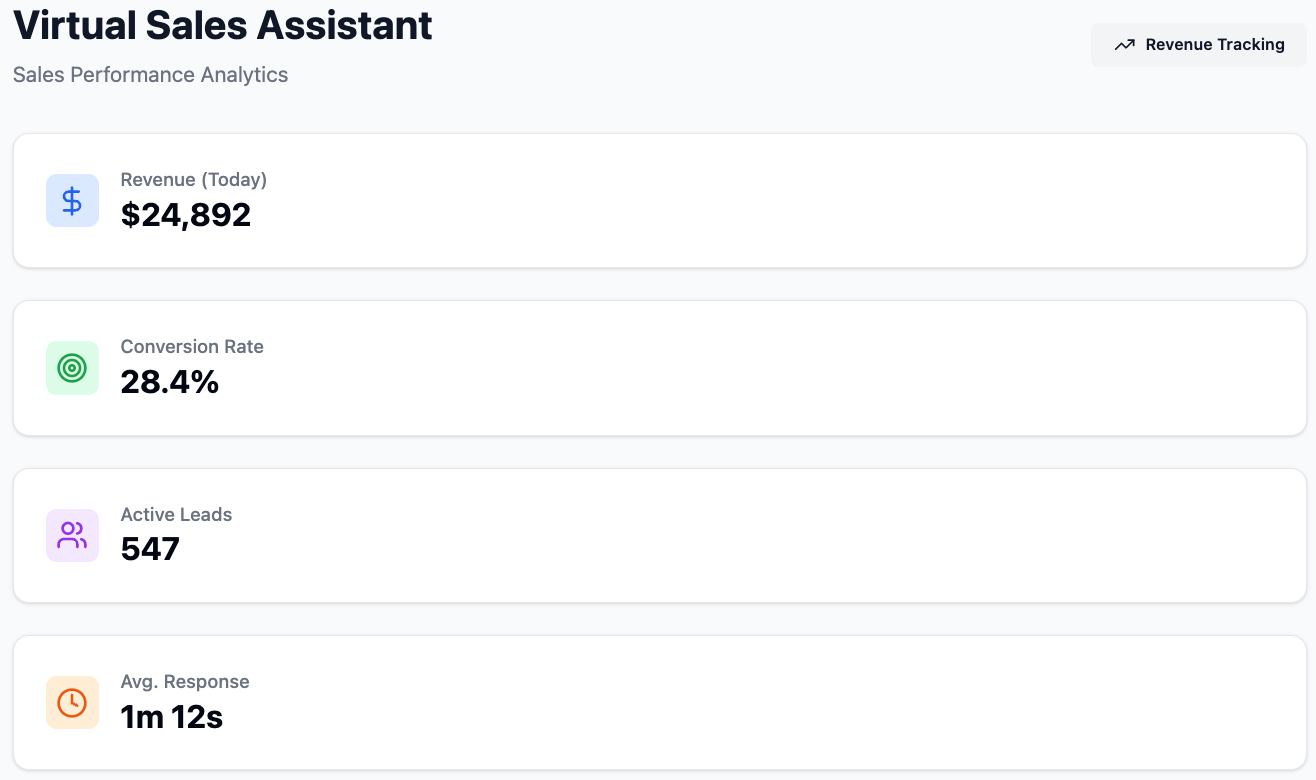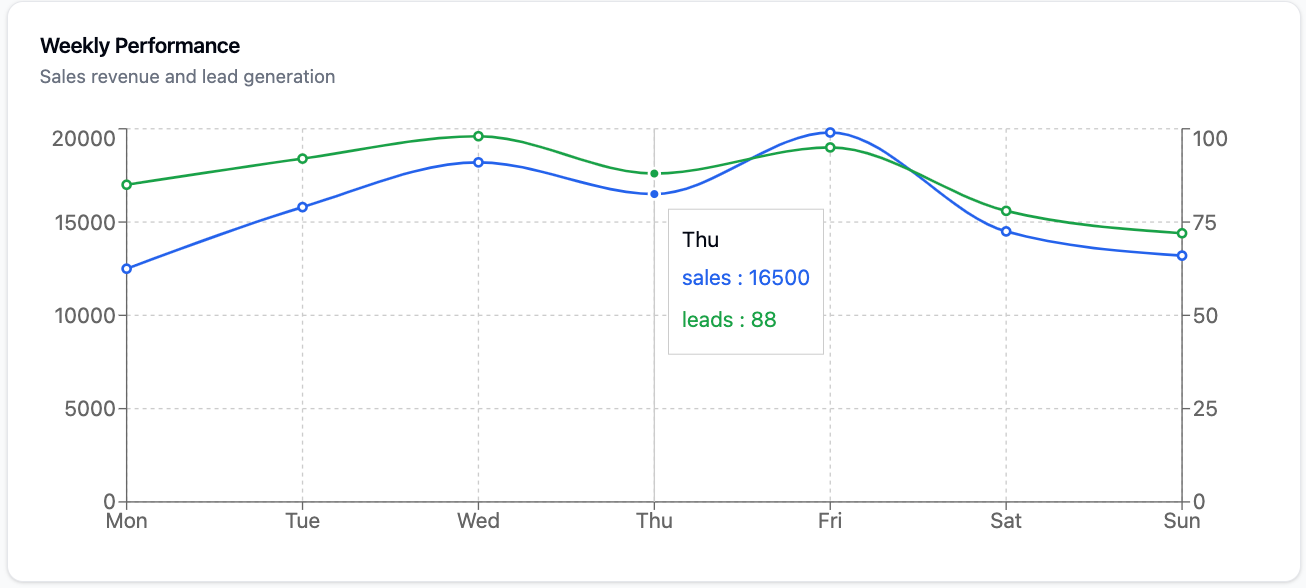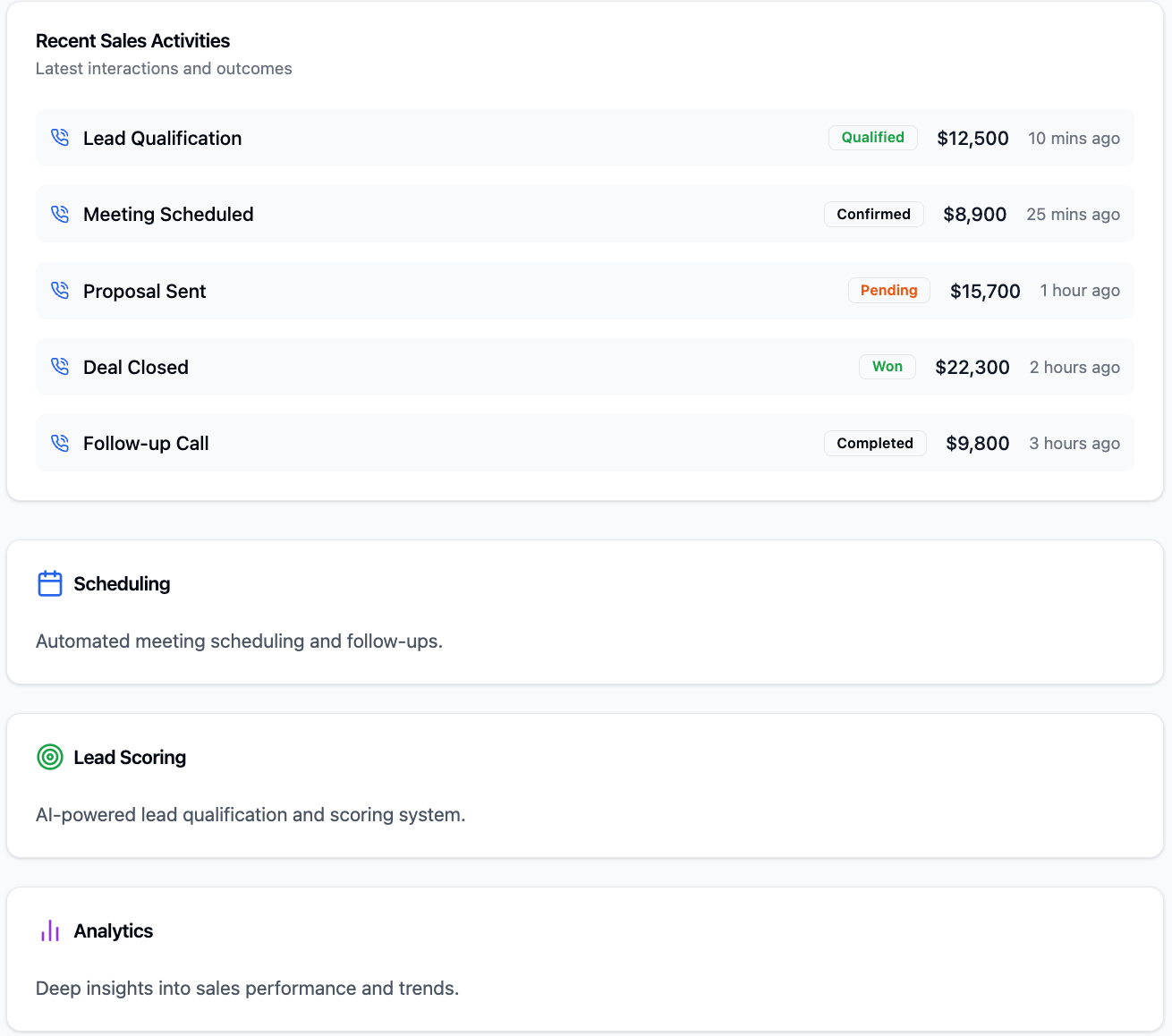Create a Virtual Sales Assistant with Retell AI: The Sales Revolution Changing Business
In today’s fast paced business world being competitive means embracing new solutions that increase efficiency and customer engagement. Enter virtual sales assistants powered by Retell AI and advanced voice AI—a solution that’s changing the way businesses run their sales. Let’s get into how these AI powered assistants are changing the sales landscape and why you should consider one for your business.
What is a Virtual Sales Assistant?
A Virtual Sales Assistant (VSA) is a sophisticated software program designed to simulate human-like conversations with customers, providing personalized support and assistance throughout the sales process. These AI-powered agents are crafted to mimic the behavior of human sales agents, utilizing natural language processing (NLP) and machine learning algorithms to understand customer inquiries, offer relevant information, and even close deals. By leveraging these advanced technologies, VSAs can provide a seamless and efficient customer experience, ensuring that customers receive the support they need at any time.
How Virtual Sales Assistants Work
Virtual Sales Assistants operate by harnessing advanced AI technologies, such as voice recognition, sentiment analysis, and intent detection, to engage with customers in a more human-like manner. These AI-powered agents can be integrated with various communication channels, including phone, email, chat, and social media, to provide a seamless and omnichannel customer experience.
When a customer interacts with a VSA, the AI engine analyzes the conversation in real-time, using contextual information and customer data to deliver personalized responses and recommendations. If the issue is complex, the VSA can escalate it to human agents, ensuring that customers receive the necessary support. This blend of AI and human interaction enhances customer satisfaction and streamlines the support process.

AI Voice Agents as Virtual Sales Assistants
Think of a virtual sales assistant as your 24/7 team member, powered by AI voice agents, who handles everything from initial customer inquiries to appointment scheduling and follow-ups. Unlike traditional automation tools, these AI-powered assistants can have natural conversations, understand context, and provide personalized responses that feel very human.
Your Virtual Sales Team Member
Creating a virtual sales assistant isn’t as hard as you think. The process starts with defining your objectives—what tasks do you want your assistant to do? Common use cases are lead gen, appointment scheduling, and customer support. Once you’ve defined those goals, platforms like Retell AI provide the tools to create and bring your virtual assistant to life.
The setup process involves:
-
Designing conversation flows for customer interactions
-
Natural language processing
-
Integrating with your existing CRM and database
-
Testing and refining based on real-world interactions
The Business Benefits
The benefits of a virtual sales assistant go way beyond automation. Here’s what businesses are seeing:
This blend of AI and human interaction enhances customer satisfaction and helps to enhance customer interactions, streamlining the support process.
Operational Efficiency
Virtual assistants handle routine tasks with unprecedented speed, your human sales team can focus on what they do best—building relationships and closing deals. They never take a day off, never have a bad day and deliver high quality interactions.

Cost Effective Scaling
One of the biggest advantages is scalability. As your business grows your virtual assistant can handle more and more interactions without the traditional costs of hiring and training new staff. This means your customer service can remain high even during peak times.
Data Driven Insights
Every interaction is an opportunity to learn about your customers. Virtual sales assistants can analyze customer behavior, preferences and common questions and provide valuable insights to help you refine your sales strategy and customer experience.

Use Cases
The uses for virtual sales assistants are endless. Here are some examples:
These virtual assistants offer a wide range of services, from lead generation to post-sale relationship building, making them versatile tools for any business.
Lead Gen and Qualification
Virtual assistants can engage with website visitors, collect initial info and qualify leads before human intervention. This means your sales team only talks to the best prospects.
Users have found that virtual assistants significantly improve the efficiency of lead qualification, ensuring that sales teams only engage with the most promising prospects.
Intelligent Appointment Scheduling
No more back and forth emails to schedule meetings. Voice agents can check calendar availability, schedule appointments, and send confirmations automatically, creating a seamless experience for both customer and sales team.
Post Sale Relationship Building for Customer Satisfaction
The sale isn’t the end of the customer journey. An AI agent can continue to engage with customers through personalized follow-ups, satisfaction surveys, and proactive support to build long-term relationships.
Choosing the Right Virtual Sales Assistant Platform
Selecting the right Virtual Sales Assistant platform is crucial for maximizing the benefits of this technology. Here are some key factors to consider:
-
Multilingual Support: Ensure the platform supports multiple languages to cater to a diverse customer base, enhancing customer interactions globally.
-
Integration: Look for platforms that seamlessly integrate with your existing CRM, telephony, and automation systems to streamline operations.
-
Customization: Choose a platform that allows for customization of the VSA’s tone, language, and behavior to align with your brand’s voice and values.
-
Scalability: Select a platform that can handle a high volume of conversations and scale with your business as it grows.
-
Analytics: Opt for a platform that provides robust analytics and insights to measure the effectiveness of your VSA and make data-driven decisions.
By considering these factors, businesses can choose a VSA platform that best fits their needs and enhances their customer support capabilities.
Measuring Success and ROI
To measure the success and ROI of a Virtual Sales Assistant, businesses should track key performance indicators (KPIs) such as:
-
Customer Satisfaction: Monitor customer satisfaction ratings and feedback to ensure the VSA is meeting customer needs and enhancing customer interactions.
-
Conversion Rates: Track the number of conversions, such as sales or appointments, generated by the VSA to gauge its effectiveness.
-
Cost Savings: Calculate the cost savings achieved by automating routine customer interactions and reducing the workload of human agents.
-
Return on Investment (ROI): Measure the ROI of the VSA by comparing the revenue generated to the cost of implementation and maintenance.
By tracking these KPIs, businesses can optimize their Virtual Sales Assistant strategy, improve customer satisfaction, and drive revenue growth. This data-driven approach ensures that the VSA continues to deliver value and supports the overall business objectives.
Next
As AI gets better virtual sales assistants will get even better at understanding and responding to customer needs. Businesses that adopt now will be ahead of the curve on customer service and efficiency.
Get Started
If you’re thinking of getting a virtual sales assistant start small. Choose one or two tasks where automation will give you the biggest immediate benefit. This will allow you to learn from the process and expand the assistant’s responsibilities as your business needs.
Remember the goal isn’t to replace your human sales team but to support them. Virtual sales assistants handle the routine tasks so your team can focus on the complex decisions and meaningful customer interactions that require a human touch.
Summary
Virtual sales assistants are a big step forward in sales automation. By combining AI with natural language processing and integration with your existing systems they’re a powerful tool for businesses that want to scale efficiently and maintain high levels of customer service. For larger organizations, an enterprise plan offers customized pricing and features, including reduced rates and premium support, making it an attractive option for companies with specific needs.
Whether you’re a small business looking to grow or a large enterprise looking to streamline, virtual sales assistants are a flexible and scalable solution that can be tailored to your business needs. As we move further into the digital age these AI powered assistants will become not just a competitive advantage but a requirement for sales success.
Let's Talk
Your ride-or-die partner
Your own world-class product team at a fraction of the cost
Tell us about yourself
- From Idea to Product 10X Faster
- Unlimited Request & Revisions
- Streamlined Tooling
- Your Dedicated Team
